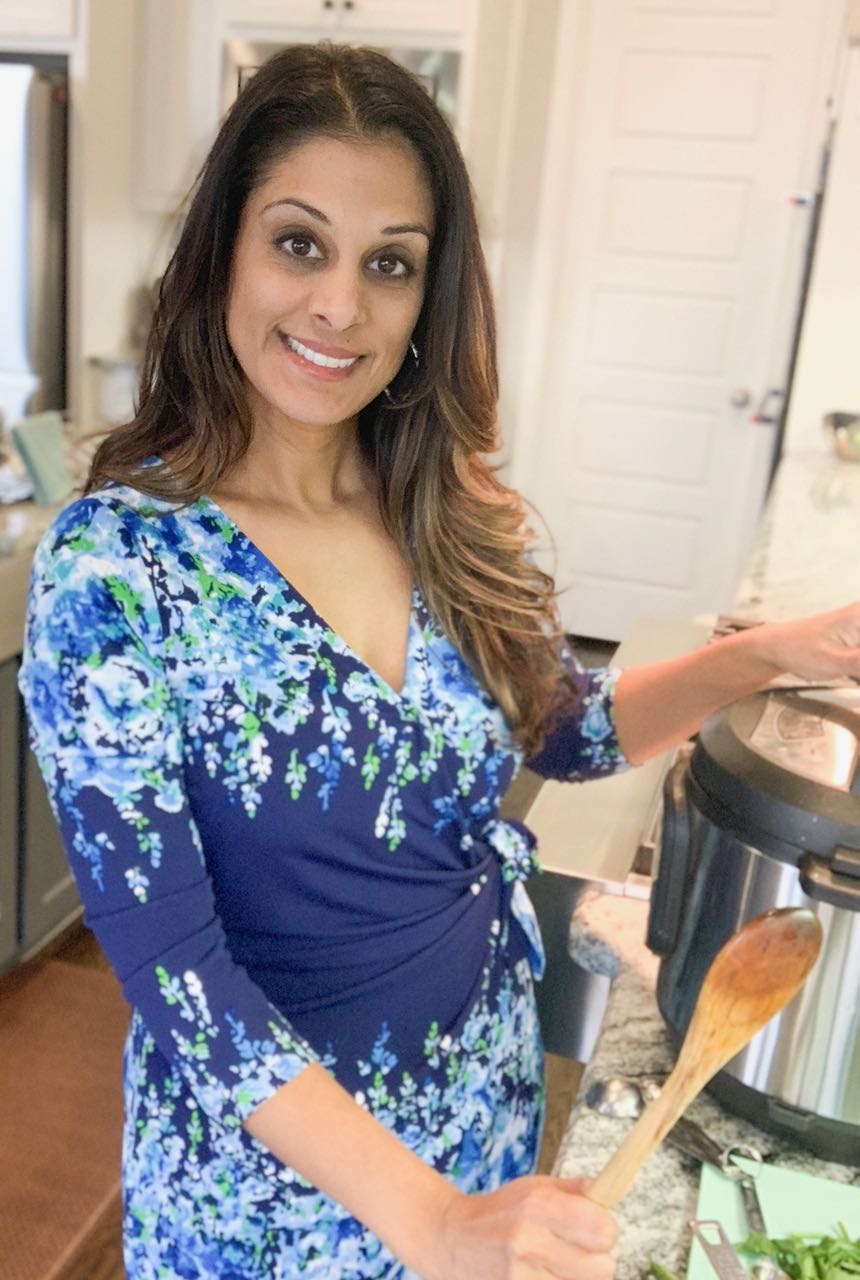
“Food is not just fuel - it is nourishment, it is love, it is a celebration.”— Dr. Richa Mittal
When it comes to a healthy lifestyle, how we choose to live every day makes a difference! Nutrition and food have a significant impact on our bodies, along with the other pillars of lifestyle medicine and health: sleep, physical activity, stress management, avoiding harmful substances, and our social connections. Effects of all of these factors interweave together making up our metabolic health, weight wellness, and overall health.
When it comes to finding nutrition help, there is so much information out there to sift through, and it can be hard to sort through what is “healthy” and what is a fad. It is easy to label foods as “good” and “bad” and even become fearful of eating certain foods. For others, labeling foods as “bad” might lead to feelings of guilt and even giving up on new healthy eating habits after they “gave in.” Sound familiar?
One of the keys of any diet or nutrition lifestyle working in the long-term is its sustainability. Some questions to ask yourself:
- Do you enjoy the food you are eating?
- Are you completely “giving up” foods you enjoy?
- Is the eating style very restrictive?
- Does this eating pattern resonate with you based on your culture and traditions?
- Are you building a culture of healthful eating for your whole family?
Any meal plan that is very restrictive or eliminates a whole class of foods is likely not going to be sustainable in the long run. Learning how to eat differently but still enjoy the foods and flavors you enjoy make changes easier to stick to. Agree?
Creating a sustainable nutrition plan involves balancing the plate not only according to your metabolic status and weight goals, but also for creating enjoyment, ease, and convenience. Shifting the focus to what foods should be enjoyed in abundance, recognizing the addictive nature of ultra-processed foods, and changing the mindset around how to fit these “treats” into our lives can be helpful in guiding a sustainable lifestyle change.
When it comes to nutrition help for weight loss, an eating style that helps stave off hunger is especially important when hunger hormones kick in as a protective mechanism during weight loss. For some people, medications can help fight the hunger that is driven by hormones changes caused by longstanding weight gain.
It is my privilege to apply culinary coaching as I work closely with my patients to not only learn their dietary patterns, but also what drives their food choices and what challenges they face in making long-term changes.
By providing grocery lists, education about different macronutrients and foods, and help with meal planning, people learn about the science as well practical ways to incorporate changes into existing eating styles.
Through culinary coaching, I love empowering my patients with tools for healthy cooking techniques, education on how to modify ingredients in traditional recipes, and effects of foods on metabolism, cholesterol, gut health, and long term mortality.
My goal is for my patients to apply nutrition changes while still enjoying the foods they eat. It is important to recognize food is personal and is more than just fuel!
When facing health conditions like type 2 diabetes, and other chronic conditions, for example, high blood pressure, high cholesterol, fatty liver disease, metabolic syndrome and heart disease, food and nutrition serve as powerful tools along with traditionally prescribed medications. As a Lifestyle Medicine physician, I help my patients using a combination of science-based lifestyle tools while coaching them to change behaviors.
It is important to recognize that changing behaviors takes time and change happens when you are ready for it… Work on small changes that matter to you now and you will see progress!
By providing the support and accountability to change behaviors, I value partnering with my patients and inspiring my community to achieve the habits that lead to the health they seek. Are you ready for a change? If so, don’t wait- start with what you can do today!
In Health,
Richa Mittal MD
